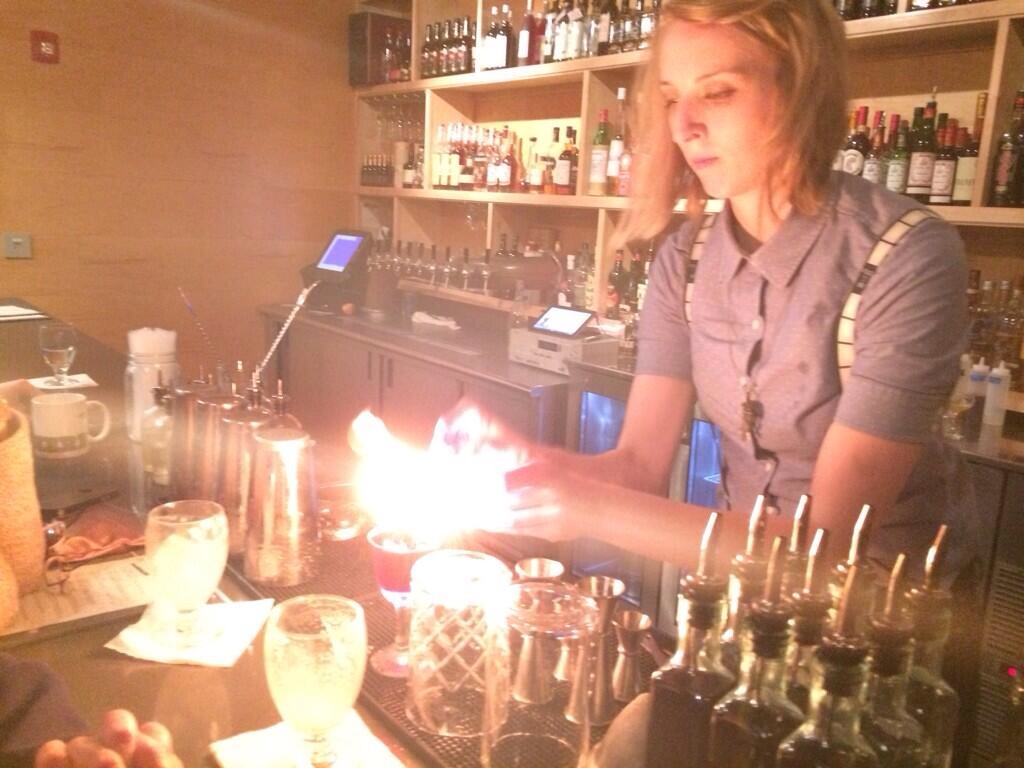 At this time two years ago, I was wasting away in an office job to make money. It was what I thought a career had to be -- grunt work with a generous helping of boredom and convoluted power structures.
At this time two years ago, I was wasting away in an office job to make money. It was what I thought a career had to be -- grunt work with a generous helping of boredom and convoluted power structures.
When I got the chance to bartend, I jumped on it. From the outside, it seemed both nerdy and glamorous, and I wanted to be part of that culture. To catch up, I studied drink and product flashcards every day. I asked bartenders I knew for book recommendations, and read them all the time.
After a little while, I started writing about what I'd learned. It was easy and challenging all at once: I'd become passionate about cocktails, so I wanted to do their stories justice. It was a topic I'd come to know well, so it was sometimes hard to translate my knowledge into an accessible story.
But explaining product and cocktails are both parts of bartending, so I used every shift to refine my narrative about a certain drink or a technique or an ingredient. Once I started practicing, it became easier and easier to explain it out loud and in writing.
As an adult, I've had trouble owning up to what I am and what I want to be. It took me a long time to call myself a writer, and a few months of bartending full-time before I would call myself a bartender without a qualifier. Even now, I'm not a drinks expert. What I am is an expert drinker. I've developed a palate, know how to balance and re-balance a cocktail, and consult the Flavor Bible enough to figure out what liquors play well with what flavors.
I'm still learning, and I'm still putting off reading the stack of cocktail books I keep by my bed. With writing, tutoring, and regular bartending shifts, I can make time to read an article or two every day, but I've had a lot of trouble keeping pace with my drinks library. To become a true drinks expert, I'll have to dive back in, and soon. I'll start on it tomorrow.
